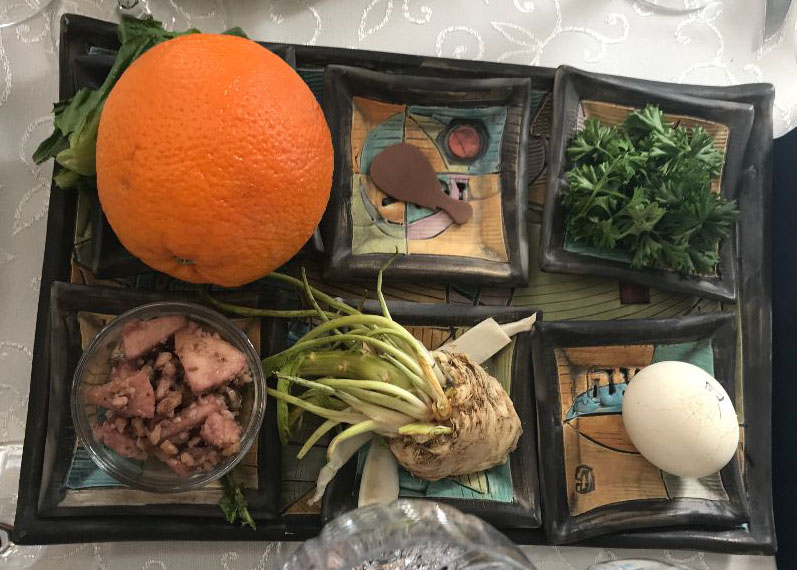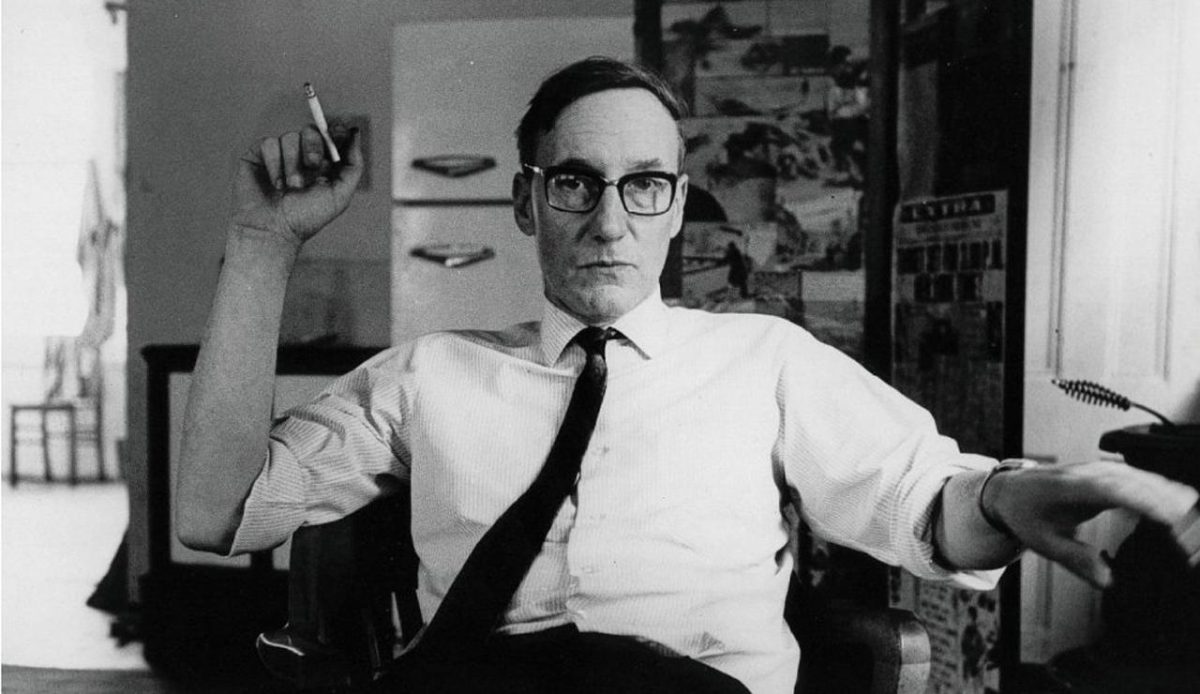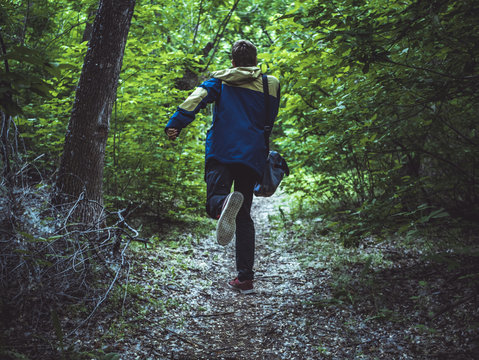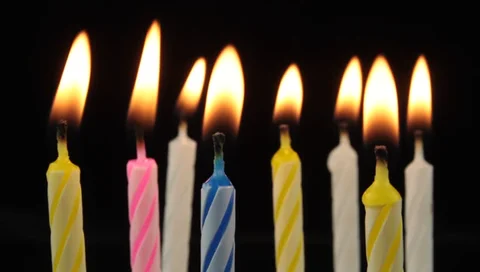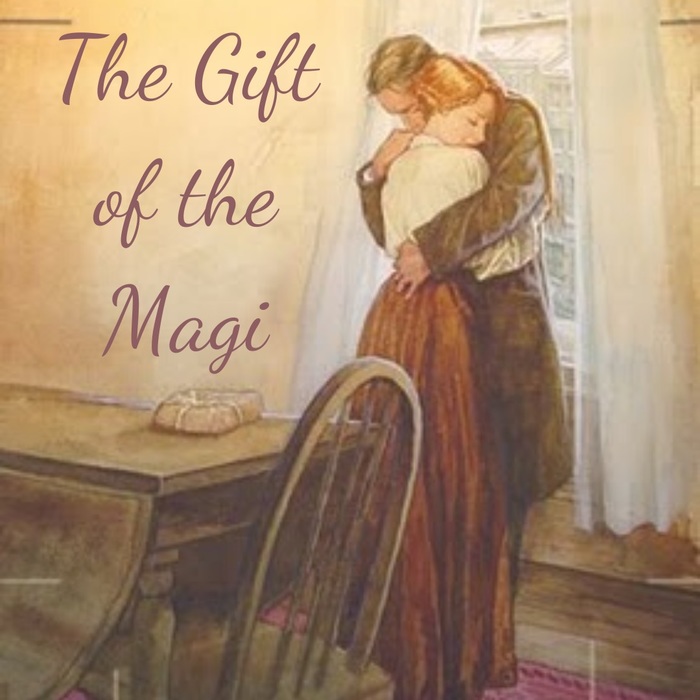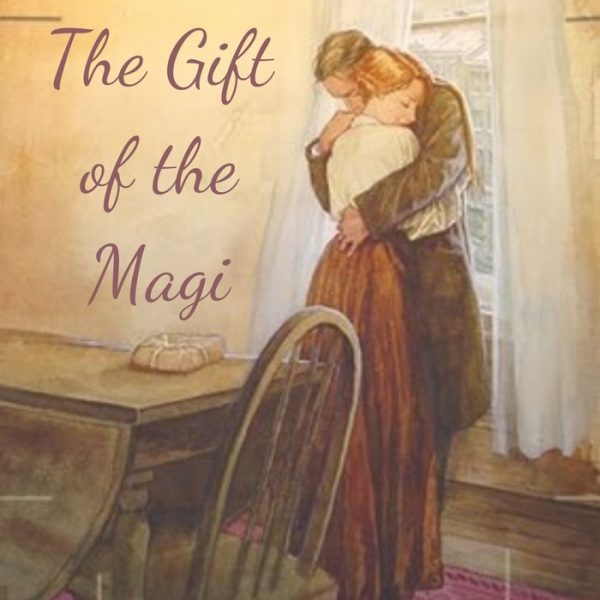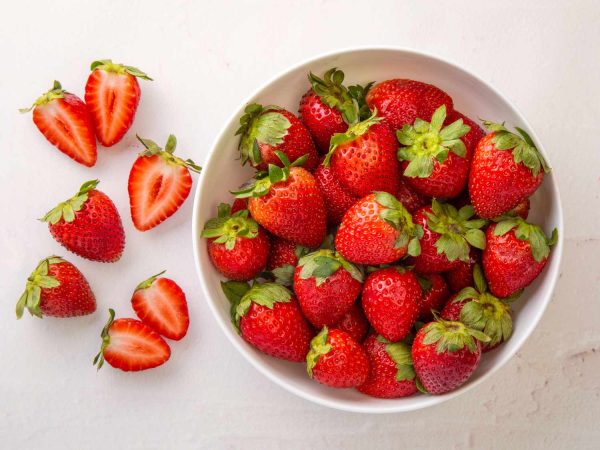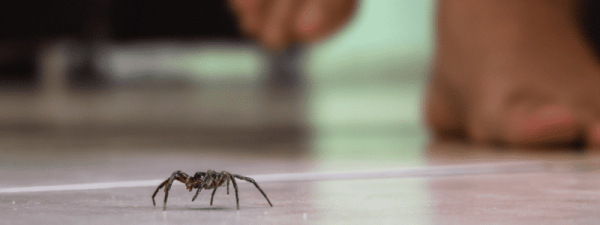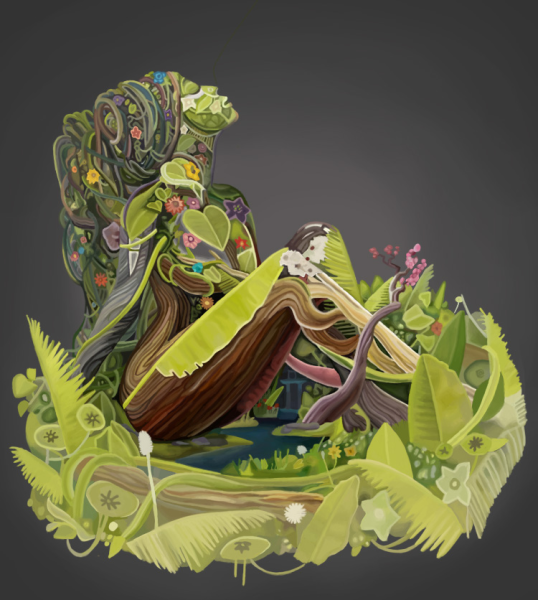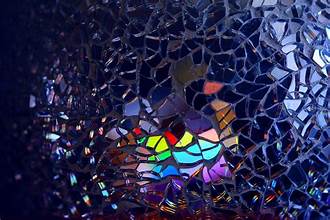Passover
April 13, 2017
Did you know that Passover is a time for one of the greatest celebrations of the Jewish people? Every year families come together to celebrate the liberation of the Israelites from Egypt, under the rule of King Pharaoh. We still celebrate Passover today by having Seders (“order” in Hebrew) with both friends and family. A Seder is a feast used to mark the beginning of Passover, or Pesach, and bring together all kinds of people. However, Seder’s aren’t just meant to rejoice with loved ones. The most important part of the dinner has never actually been dinner itself.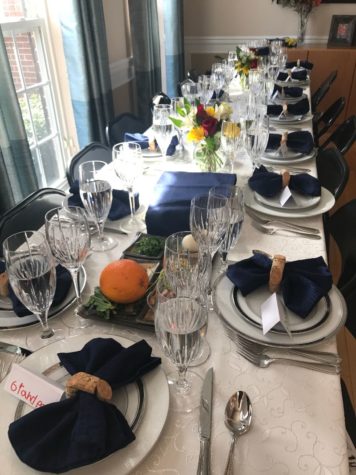 A special service is held before and after dinner to reenact the journey to freedom. We eat special foods from a Seder plate that each symbolize something different to the Jewish people. For example, we eat Matzo (unleavened bread) since there wasn’t time in Egypt to wait for the bread to leaven before we made the Exodus. Although not everyone partakes in a service both before and after dinner, each family creates their own traditions and comes together to recognize that our freedom is not yet obtained as long as there is still a struggle for equality.
A special service is held before and after dinner to reenact the journey to freedom. We eat special foods from a Seder plate that each symbolize something different to the Jewish people. For example, we eat Matzo (unleavened bread) since there wasn’t time in Egypt to wait for the bread to leaven before we made the Exodus. Although not everyone partakes in a service both before and after dinner, each family creates their own traditions and comes together to recognize that our freedom is not yet obtained as long as there is still a struggle for equality.
Attending Seder has always been a priority to me while growing up. When I was little, it was just another time to see my cousins that I wouldn’t see until Chanukkah- but in recent years, it’s proved to be much more. I’d hope to not get called on to read from the Haggadah (the specific prayer book for Passover) by my Zayde (“grandfather” in Yiddish) because I knew there’d be some Hebrew words I didn’t know. I feared that I’d stumble upon the words- even the English ones. But as I began to listen more and worry less, I realized just how minute these problems were. I thought back to my people leaving Egypt and coming together with whoever surrounded them. I was inspired to be kind and really delve into the Haggadah one prayer at a time. Celebrating Passover has not only fueled my hunger for unleavened bread and Charoset (an apple and nut combination commonly put on top of the Matzo), but provoked me to question the history of my Jewish values.



